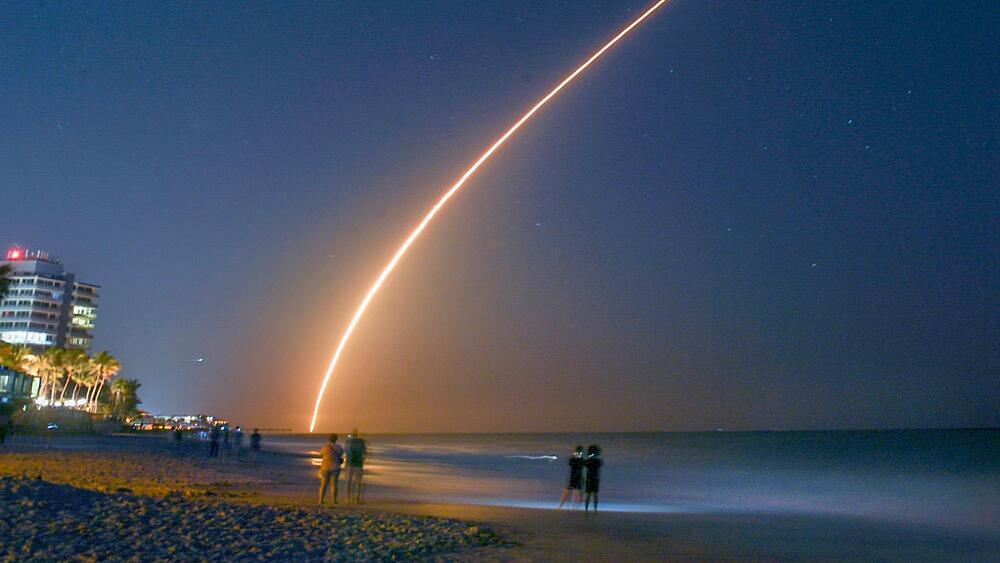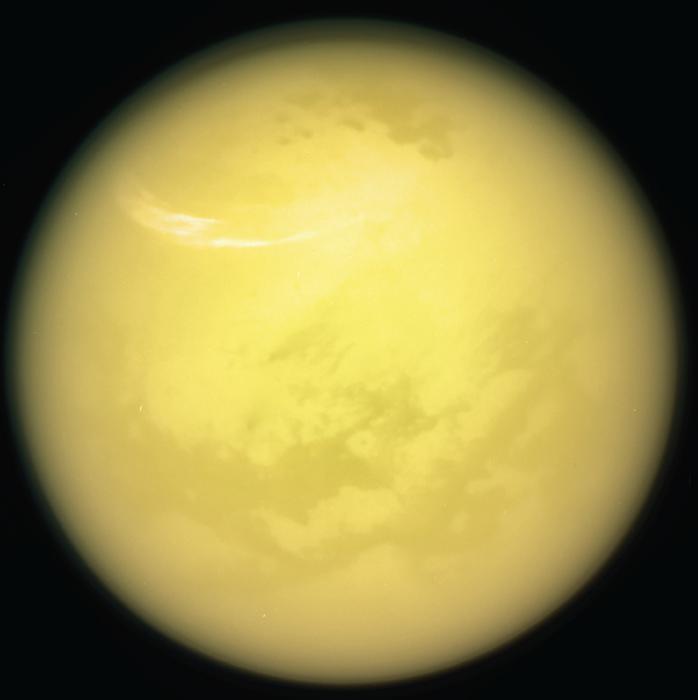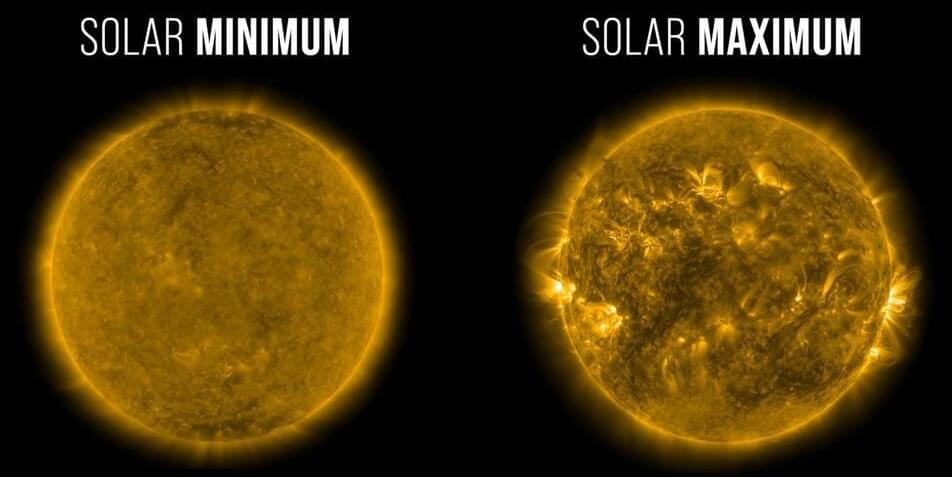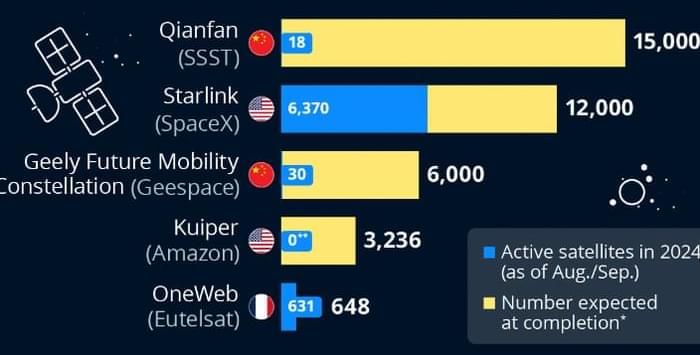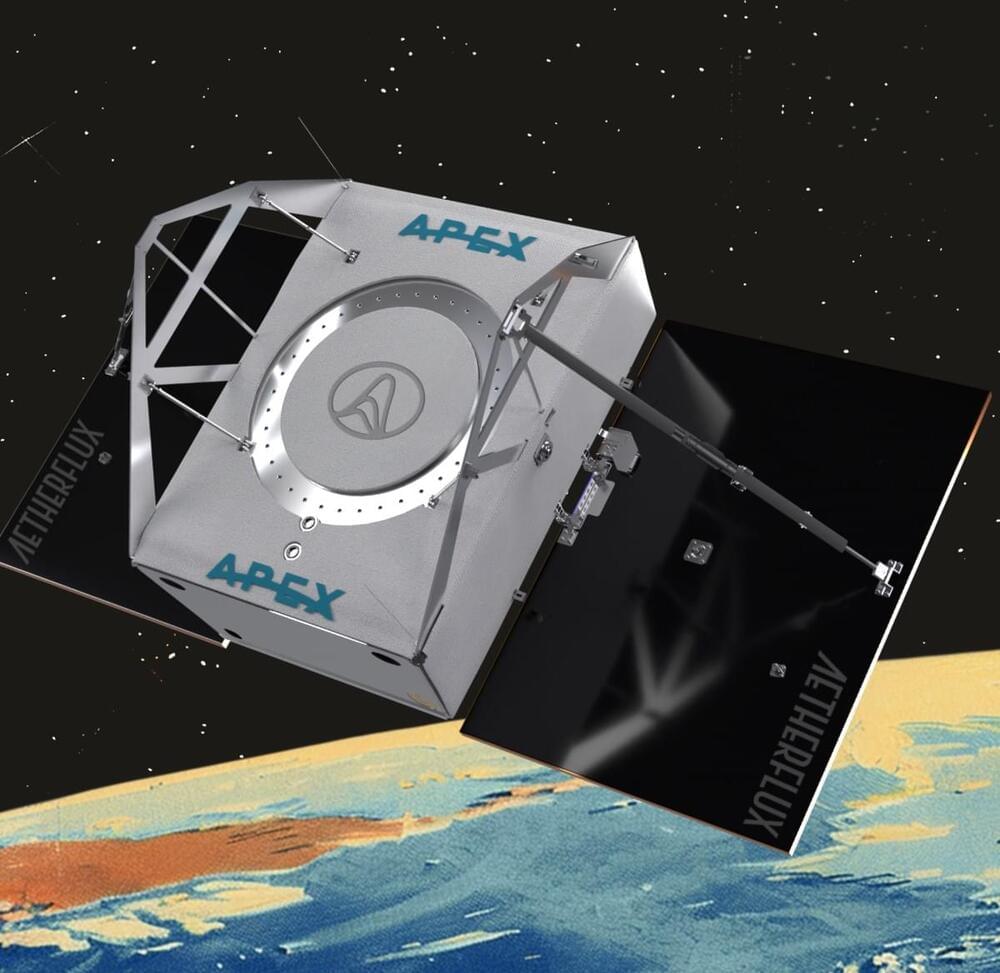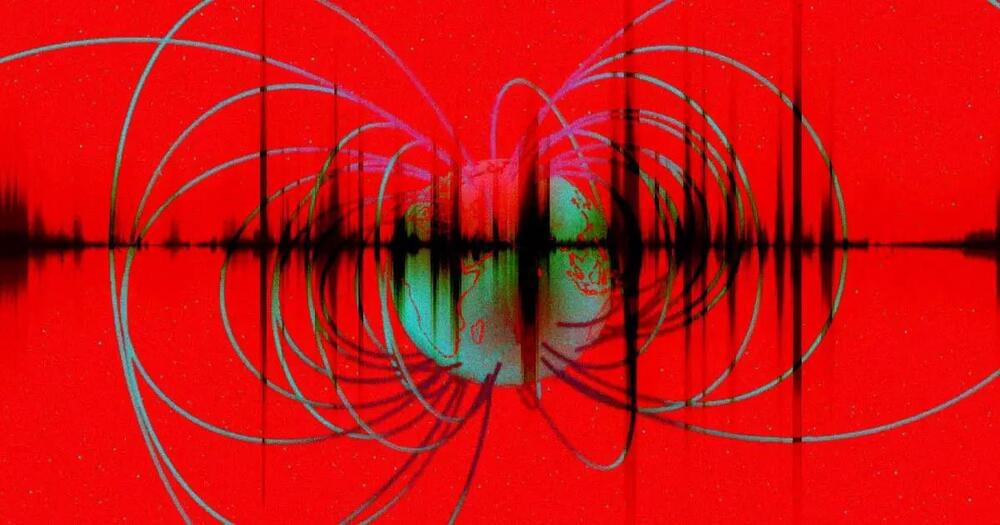Oct 29, 2024
SpaceX nighttime rocket launch: When is liftoff, where to see it in Vero Beach, Sebastian
Posted by Genevieve Klien in categories: internet, satellites
Halloween is on Thursday, Oct. 31 — but parts of the Treasure Coast may get a nice treat the night before.
SpaceX is targeting Wednesday, Oct. 30, to launch another payload of Starlink broadband satellites into low-Earth orbit from Cape Canaveral Space Force Station. Depending on weather and visibility, parts of Indian River County might see a nice streak in the sky.
Below are suggestions on where to watch the rocket launch from this area and other things to know. If there are changes to the launch schedule, this story will be updated.
